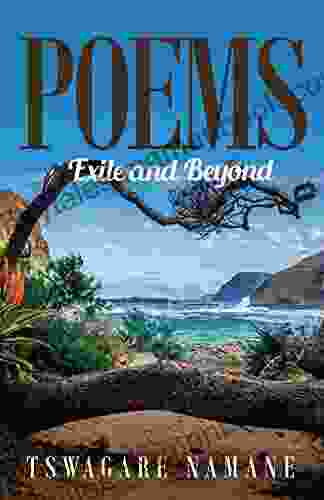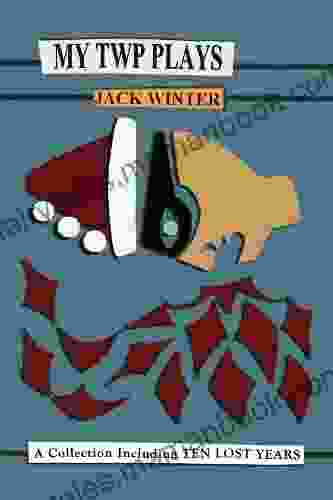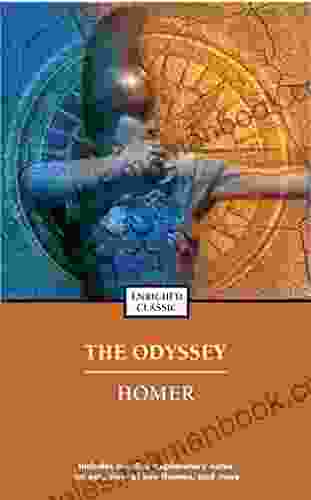Poems of Exile and Beyond: Explorations of Displacement, Identity, and Home in Joelle Taylor's Work

4.9 out of 5
| Language | : | English |
| File size | : | 550 KB |
| Text-to-Speech | : | Enabled |
| Screen Reader | : | Supported |
| Enhanced typesetting | : | Enabled |
| Print length | : | 325 pages |
In a world marked by increasing displacement and migration, the themes of exile, identity, and home take on profound significance. Poetry, with its ability to capture the complexities of human experience, has become a potent medium for exploring these themes. Among contemporary poets, Joelle Taylor stands out as a powerful voice, crafting resonant verses that delve into the multifaceted nature of exile and its impact on the human psyche.
This article will embark on an in-depth analysis of Joelle Taylor's poetry, examining how she deftly explores the experiences of those uprooted from their homes, navigating the challenges of displacement and the search for a sense of belonging. Through close readings of selected poems, we will uncover the nuanced ways in which Taylor's work engages with issues of identity formation, trauma, resilience, and the enduring power of hope.
Exile and Displacement: Loss, Trauma, and the Fragmented Self
Central to Taylor's poetic exploration is the theme of exile, a state of forced separation from one's homeland. Her poems poignantly capture the profound sense of loss, trauma, and dislocation experienced by those who have been displaced. In "The Migrant," she paints a vivid picture of the physical and emotional toll of exile:
"I am the migrant,/My body a map of borders crossed,/My mind a palimpsest of languages lost."
These lines evoke a fractured sense of self, as the speaker's identity becomes fragmented by the multiple displacements they have endured. The metaphor of the "palimpsest" suggests the layering of experiences, with each new displacement leaving its mark on the speaker's psyche.
Taylor's poems also explore the psychological and emotional consequences of exile, delving into the complexities of trauma and its lasting effects. In "The Translator," she writes:
"I am the translator,/My words a shattered mirror,/Reflecting fragments of a life before."
Here, the speaker's words become a reflection of their shattered self, a poignant reminder of the trauma they have experienced. The act of translation itself becomes a metaphor for the speaker's attempt to piece together the fragments of their identity and make sense of their fragmented past.
Identity Formation: Navigating Homelessness and Belonging
Alongside the theme of exile, Taylor's poetry also grapples with the complexities of identity formation in the face of displacement. Her poems explore the challenges of navigating homelessness and the often elusive search for a sense of belonging. In "The Refugee," she writes:
"I am the refugee,/My home a question mark,/My identity a blank page."
These lines poignantly capture the existential crisis faced by many refugees, who are stripped of their familiar surroundings and forced to redefine their sense of self. The "question mark" and "blank page" symbolize the uncertainty and fluidity of their identity in this new and unfamiliar context.
Taylor's exploration of identity formation extends beyond the experiences of refugees to encompass a broader examination of what it means to be "homeless" in a more metaphorical sense. In "The Wanderer," she writes:
"I am the wanderer,/My home is the open road,/My identity a constant search."
Here, the speaker expresses a restless spirit, a sense of displacement that extends beyond physical borders. The "open road" becomes a metaphor for the speaker's ongoing journey of self-discovery and the elusive nature of finding a true sense of belonging.
Resilience, Hope, and the Power of Language
Despite the often somber themes explored in her poetry, Joelle Taylor's work is also marked by a profound sense of resilience and hope. Her poems celebrate the indomitable spirit of those who have endured exile and displacement, highlighting their strength and capacity for healing. In "The Survivor," she writes:
"I am the survivor,/My scars are my story,/My strength is my legacy."
These lines embody the resilience of those who have overcome adversity. The speaker's "scars" become a testament to their experiences, while their "strength" becomes a source of inspiration for others. Taylor's use of the word "legacy" suggests that the stories of survivors are not merely personal narratives but hold collective significance, carrying lessons and wisdom for future generations.
Taylor's poetry also underscores the power of language as a tool for healing and transformation. In "The Poet," she writes:
"I am the poet,/My words are my weapons,/My voice is my sanctuary."
Here, the speaker reclaims their voice and uses poetry as a means of empowerment and resistance. Their words become "weapons" against oppression and injustice, while their voice becomes a safe space for healing and self-expression. Taylor's emphasis on the transformative power of language highlights the vital role that poetry can play in the lives of those who have experienced exile and displacement.
Joelle Taylor's poetry is a powerful and moving exploration of the multifaceted experiences of exile, displacement, identity, and home. Through her poignant verses, she gives voice to the voiceless, shedding light on the struggles and triumphs of those who have been uprooted from their homes. Taylor's work not only raises awareness about the complexities of human displacement but also offers a message of hope and resilience. By celebrating the indomitable spirit of survivors and highlighting the transformative power of language, her poetry becomes a beacon of solidarity and inspiration for all who have been touched by the experience of exile.
4.9 out of 5
| Language | : | English |
| File size | : | 550 KB |
| Text-to-Speech | : | Enabled |
| Screen Reader | : | Supported |
| Enhanced typesetting | : | Enabled |
| Print length | : | 325 pages |
Do you want to contribute by writing guest posts on this blog?
Please contact us and send us a resume of previous articles that you have written.
 Top Book
Top Book Novel
Novel Fiction
Fiction Nonfiction
Nonfiction Literature
Literature Paperback
Paperback Hardcover
Hardcover E-book
E-book Audiobook
Audiobook Bestseller
Bestseller Classic
Classic Mystery
Mystery Thriller
Thriller Romance
Romance Fantasy
Fantasy Science Fiction
Science Fiction Biography
Biography Memoir
Memoir Autobiography
Autobiography Poetry
Poetry Drama
Drama Historical Fiction
Historical Fiction Self-help
Self-help Young Adult
Young Adult Childrens Books
Childrens Books Graphic Novel
Graphic Novel Anthology
Anthology Series
Series Encyclopedia
Encyclopedia Reference
Reference Guidebook
Guidebook Textbook
Textbook Workbook
Workbook Journal
Journal Diary
Diary Manuscript
Manuscript Folio
Folio Pulp Fiction
Pulp Fiction Short Stories
Short Stories Fairy Tales
Fairy Tales Fables
Fables Mythology
Mythology Philosophy
Philosophy Religion
Religion Spirituality
Spirituality Essays
Essays Critique
Critique Commentary
Commentary Glossary
Glossary Bibliography
Bibliography Index
Index Table of Contents
Table of Contents Preface
Preface Introduction
Introduction Foreword
Foreword Afterword
Afterword Appendices
Appendices Annotations
Annotations Footnotes
Footnotes Epilogue
Epilogue Prologue
Prologue Casey Patch
Casey Patch Robyn Carr
Robyn Carr Katy Farber
Katy Farber Anna Goldthorpe
Anna Goldthorpe Wil Adams
Wil Adams Lewis Carroll
Lewis Carroll Dee Brown
Dee Brown Clifford D Simak
Clifford D Simak Mike Grist
Mike Grist Michael Pillsbury
Michael Pillsbury Les Payne
Les Payne Omari Mcqueen
Omari Mcqueen Shaw Hart
Shaw Hart John Edmonds
John Edmonds Matthew Hattersley
Matthew Hattersley Homer
Homer Elizabeth M Williams
Elizabeth M Williams Zapien Maxwell
Zapien Maxwell Gordon Korman
Gordon Korman Michael Stephen Fuchs
Michael Stephen Fuchs
Light bulbAdvertise smarter! Our strategic ad space ensures maximum exposure. Reserve your spot today!
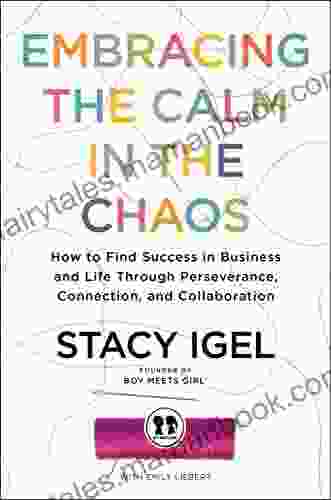
 Darnell MitchellHow to Find Success in Business and Life Through Perseverance, Connection,...
Darnell MitchellHow to Find Success in Business and Life Through Perseverance, Connection,...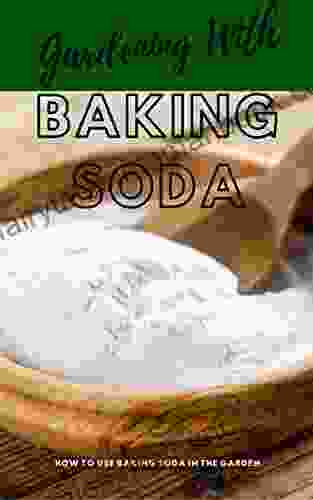
 Allen ParkerThe Ultimate Guide to Gardening with Baking Soda: Unlocking Nature's Secret...
Allen ParkerThe Ultimate Guide to Gardening with Baking Soda: Unlocking Nature's Secret... Marcel ProustFollow ·4.7k
Marcel ProustFollow ·4.7k Edgar HayesFollow ·5.2k
Edgar HayesFollow ·5.2k Andy HayesFollow ·17k
Andy HayesFollow ·17k Duncan CoxFollow ·11.3k
Duncan CoxFollow ·11.3k Shane BlairFollow ·4.7k
Shane BlairFollow ·4.7k Gerald BellFollow ·14.5k
Gerald BellFollow ·14.5k Greg CoxFollow ·17.8k
Greg CoxFollow ·17.8k Edison MitchellFollow ·4.6k
Edison MitchellFollow ·4.6k
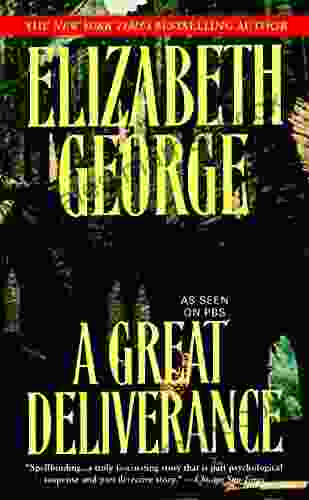
 Edwin Cox
Edwin CoxThe Great Deliverance Inspector Lynley: A Literary...
: In the realm of detective fiction,...

 Christian Carter
Christian CarterMetal Gear Solid Ground Zeroes Guide, Walkthrough, Tips,...
Metal Gear Solid...

 Branden Simmons
Branden SimmonsYellow Green: Not an Autobiography of Marcy Chen
Yellow Green:...

 Edward Reed
Edward ReedPurple Orchids: An Artistic Tale of Two Sisters in the...
Prologue: A Legacy Unveiled In the...
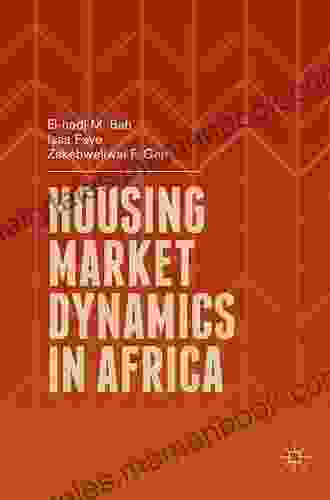
 Earl Williams
Earl WilliamsThe Evolving Housing Market Dynamics in Africa:...
The African housing market is a...
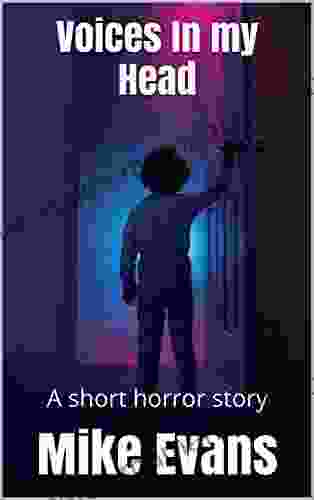
 William Faulkner
William FaulknerVoices In My Head: A Cerebral Symphony of Terror
In the labyrinthine...
4.9 out of 5
| Language | : | English |
| File size | : | 550 KB |
| Text-to-Speech | : | Enabled |
| Screen Reader | : | Supported |
| Enhanced typesetting | : | Enabled |
| Print length | : | 325 pages |


